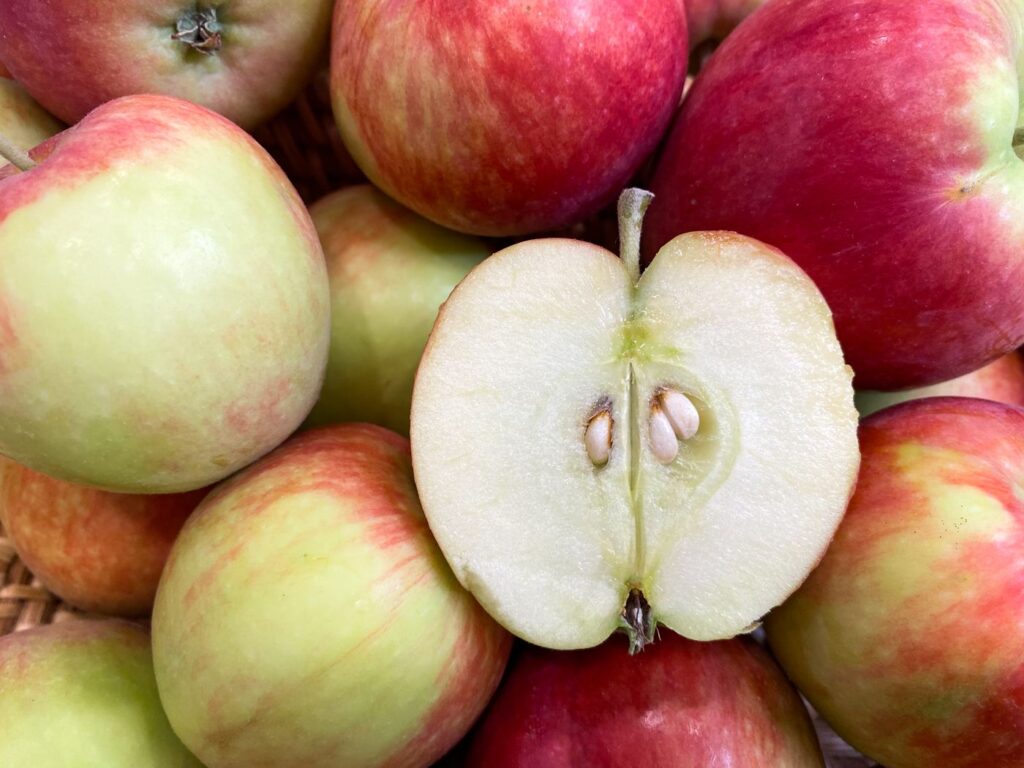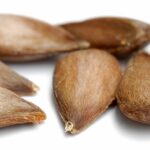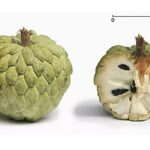Apple seeds are often discarded without a second thought, but in various parts of the world—especially in Asia—they have been used in traditional medicine for centuries. In Asian cultures, where natural remedies and holistic healing practices are deeply rooted in the fabric of daily life, apple seeds have earned a reputation for their medicinal properties. These seeds, typically found in the core of the apple, are packed with bioactive compounds, and many traditional beliefs surround their uses. In this article, we will explore the cultural significance and historical uses of Asian apple seeds, focusing on the traditional beliefs and practices surrounding them.
Historical Significance of Apple Seeds in Asia
In Asia, apples have long been cultivated for both culinary and medicinal purposes. The varieties of apples grown in countries such as China, Japan, and Korea are prized not just for their taste but also for their believed health benefits. While the fruit itself has been consumed as a nutritious snack for centuries, the seeds within the apple have also been incorporated into folk medicine.
Traditional Asian medicine often emphasizes the importance of “qi” or vital energy, and the belief that natural substances can either replenish or balance this energy in the body. Apple seeds were once thought to possess properties that could enhance health by balancing the body’s internal energy and helping to heal various ailments. In ancient texts, such as Chinese herbal medicine books, seeds from various fruits, including apples, were used to treat everything from digestive problems to skin conditions.
Apple Seeds as a Source of Vitality and Longevity
One of the most prominent traditional beliefs around apple seeds in Asia is their role in promoting vitality and longevity. In Chinese medicine, certain foods and herbs are believed to prolong life by enhancing the body’s resistance to illness and improving its energy flow. Apple seeds were once believed to support kidney function, which was considered the root of life and vitality in traditional Chinese medicine.
In Chinese culture, the kidneys are viewed as the source of “jing” or life essence. The health of the kidneys was thought to affect one’s overall well-being, including energy levels, aging, and fertility. Some traditional remedies called for apple seeds to be consumed as part of a tonic designed to nourish and strengthen the kidneys, thereby contributing to vitality and a longer, healthier life. Though modern medicine has not confirmed these claims, they remain a part of the cultural heritage in many regions.
The Role of Apple Seeds in Detoxification
Apple seeds have also been traditionally associated with detoxification practices in some Asian cultures. In holistic medicine, detoxification is a process of cleansing the body from harmful substances and balancing its internal systems. Some traditional Chinese health practices believed that apple seeds, along with other natural ingredients, could support the liver in expelling toxins from the body.
Apple seeds contain antioxidants and compounds that, according to traditional beliefs, can aid in removing harmful impurities from the body and improving skin health. It was common to incorporate apple seeds into detox diets or herbal remedies, with the idea that they helped purify the blood, cleanse the digestive system, and eliminate waste products that could contribute to various health issues.
Apple Seeds for Digestive Health
Another area where apple seeds have been traditionally used in Asia is in the treatment of digestive problems. Traditional healers believed that apple seeds could help regulate digestion, relieve constipation, and support overall gastrointestinal health. The seeds were thought to have mild laxative properties that could help in the gentle cleansing of the intestines. This belief is rooted in the fact that apple seeds contain certain compounds, such as fiber and antioxidants, that may support gut health.
In some Asian cultures, apple seeds were believed to have a calming effect on the stomach, promoting better digestion and reducing bloating or discomfort. In addition, the seeds were sometimes ground into a powder and consumed with tea or other herbal mixtures to soothe digestive disturbances.
Spiritual and Symbolic Uses of Apple Seeds
Beyond their physical health benefits, apple seeds also carry significant symbolic meaning in several Asian cultures. In many traditions, seeds represent potential, renewal, and new life, and apple seeds are no exception. In Chinese culture, for example, apples are often associated with good fortune and peace, largely due to the similarity in pronunciation between the word “apple” (苹果, píngguǒ) and the word for “peace” (平, píng).
In some rural communities, apple seeds were thought to bring good luck and were kept in homes as talismans. It was believed that having apple seeds around could ward off evil spirits and negative energy, providing protection and ensuring harmony within the household. These practices reflect the broader belief that nature’s offerings, including fruit seeds, possess spiritual significance and can influence one’s destiny.
The Role of Apple Seeds in Skin Care and Beauty
In traditional Asian cultures, apple seeds were also used in beauty and skin care routines. Known for their antioxidant content, apple seeds were believed to have anti-aging properties and could be applied topically to rejuvenate the skin. Some traditional recipes called for apple seed extracts to be combined with other natural ingredients like honey or herbs to create face masks or lotions that would improve skin tone and texture.
The antioxidants in apple seeds were thought to protect the skin from damage caused by environmental factors, such as sun exposure and pollution. Furthermore, apple seed oil—extracted through a specialized process—was used in some regions as a moisturizer or serum for youthful, glowing skin.
Cultural Perceptions and Cautions
Despite the numerous health claims, there were also certain beliefs that suggested caution when using apple seeds. In particular, the belief that apple seeds should be consumed in moderation stemmed from the fact that they contain amygdalin, a compound that, when metabolized, can release cyanide. In traditional healing, apple seeds were often used sparingly to avoid potential toxicity.
Ancient healers were careful to ensure that apple seeds were properly prepared before consumption, sometimes recommending methods to neutralize their potential toxicity. These beliefs surrounding safe use continue in some parts of Asia, where people are mindful of the quantity and form in which they consume apple seeds.
Conclusion
The traditional beliefs around the use of Asian apple seeds are a fascinating blend of practical health benefits and symbolic meaning. From enhancing vitality and promoting longevity to supporting digestive health and detoxification, apple seeds have held a significant place in the healing traditions of many Asian cultures. Whether used in teas, tonics, or as part of a beauty regimen, these tiny seeds were believed to offer a wide array of health benefits, both physical and spiritual.
However, it is important to recognize that while these traditions have shaped cultural practices, modern science has yet to fully validate many of these claims. As with any natural remedy, moderation and caution are key, especially given the potential toxicity o,f apple seeds due to amygdalin. In any case, the reverence for apple seeds in Asia speaks to the deep connection between nature and wellness that has shaped traditional health practices for generations.
Whether you’re exploring the medicinal properties of apple seeds for their historical value or considering their use in modern wellness routines, it’s important to approach them with respect for both their potential and their risks.



